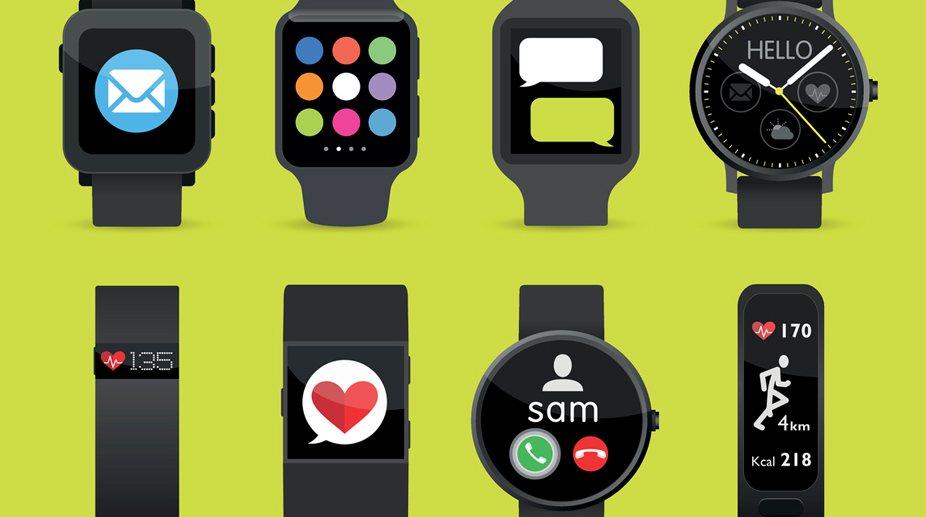Fitness trackers and smartphones that record users' daily activities are now likely to be used increasingly in criminal investigations, a new report said, raising questions about individuals' rights that the legal system is not yet fully prepared to address.
Information such as location, travel patterns and even physiological details such as heart rate and activity levels could be retrieved from devices as a part of criminal investigations, said the study from the US-based non-profit RAND Corporation.
Advertisement
Such technology offers new tools to law enforcement, but raises unique issues regarding important constitutional rights such as self-incrimination, according to the report.
"New technologies are developing rapidly and are likely to create conflicts before the legal system is fully prepared to deal with them," noted Brian Jackson, lead study author and a physical scientist at RAND.
Courtrooms also are poised to change because of technology, with teleconferencing, digital records and even virtual reality entering the scene — all intended to speed up proceedings and reduce the cost to the justice system.
"These technologies raise issues of fairness for defendants and may change the notion of whether a trial by video conference is equal to proceedings where everyone appears in person, the report emphasised.
Both the courts and law enforcement agencies need to make greater efforts to identify the conflicts ahead, as well as educate the criminal justice workforce about how to both properly use and address concerns regarding the emerging tools, it added.
One example of such a conflict was when investigators probing the mass shooting that took place in San Bernardino in 2015 wanted to unlock a smartphone belonging to one of the shooters.
Those efforts were delayed while investigators unsuccessfully tried to convince the phone's manufacturer to aid their efforts.
The report also recommended better technical training and education for workers across the criminal justice system about how to properly use digital tools.
As medical devices such as cardiac pacemakers become more advanced to include features such as Wi-Fi, it opens the possibility that life-sustaining technology could also be used to collect evidence against a user, according to the report.











